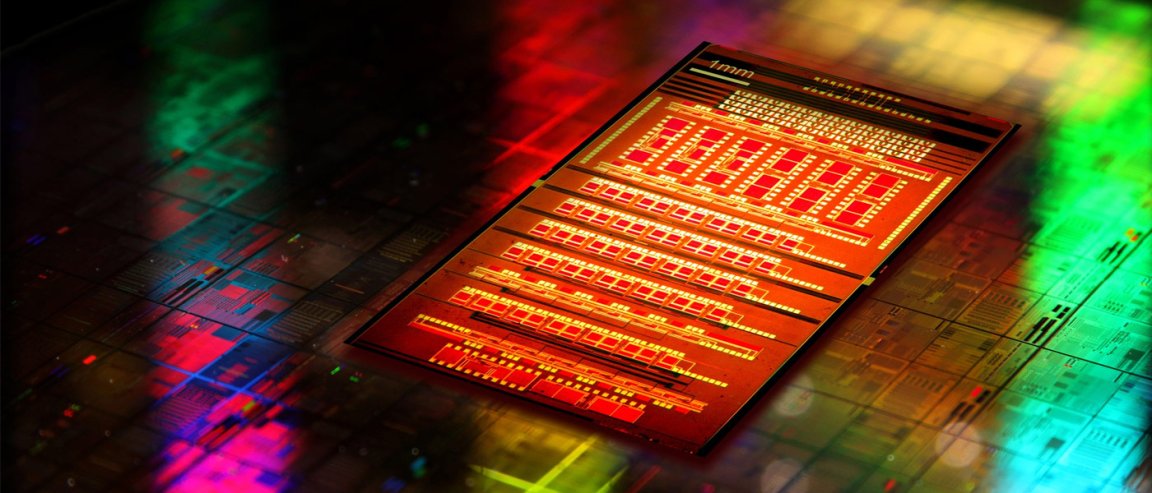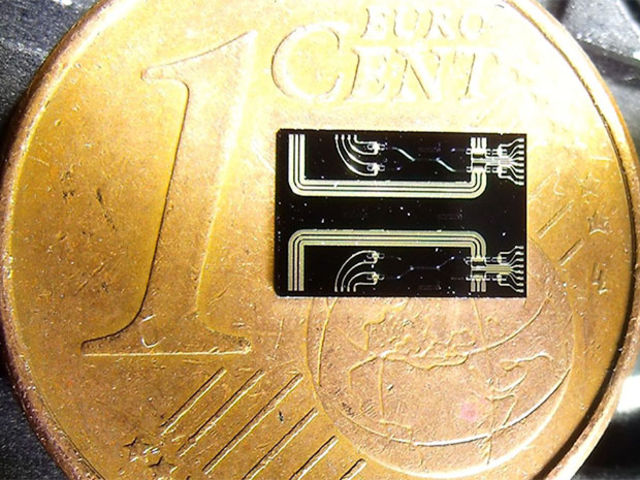
Upgrade from Algorithms
In modern day encryption, the generation of random numbers plays a vital role in providing necessary privacy and security in most of our devices and digital accounts.
In reality, most random numbers used in computer programs are pseudo-random numbers—generated in a predictable fashion using a specific algorithm. This is often thought of as being a more complex version of rolling dice. In rolling a die, if you know all the possible outcomes of the system, the same is true of algorithm generated psuedo-random numbers, although to an exponential degree. With some choice pieced of information, there’s still a chance for persistent hackers to decode these numbers, leaving your secured data and devices vulnerable to hacking.
However, it looks as if that is about to change.

The Future of Data Encryption
For the first time ever, engineers have developed a process of generating truly random numbers using the quantum properties of light. As Phys.org explains, the new chip, measuring only 6 by 2 millimeters (0.236 by 0.079 inches), uses “a process that is inherently random and thus impossible to predict no matter how much information is known.”
The quantum random number generator uses photons instead of electrons. Christopher Intagliata explains the process for Scientific American: “The chip has two lasers: one shoots continuously; the other pulses at regular intervals. Each time the two lasers meet, the interference between the light beams is random, thanks to the rules of quantum mechanics. The chip then digitizes that random signal, and voila: a quantum random number generator.”
The research was published in the journal, Optica. “In this new paper, we made a huge technological advance by using a new design that includes two lasers that interfere with each other in a confined space. This makes the device smaller while keeping the same properties that were used in the past experiments,” says Valerio Pruneri, who led the collaborative research effort.
This research indicated a paradigm shift in the field of encryption. Should the chip work as promised, and the encryptions generated are truly random, the lives of any nefarious hackers are about to get much more difficult.